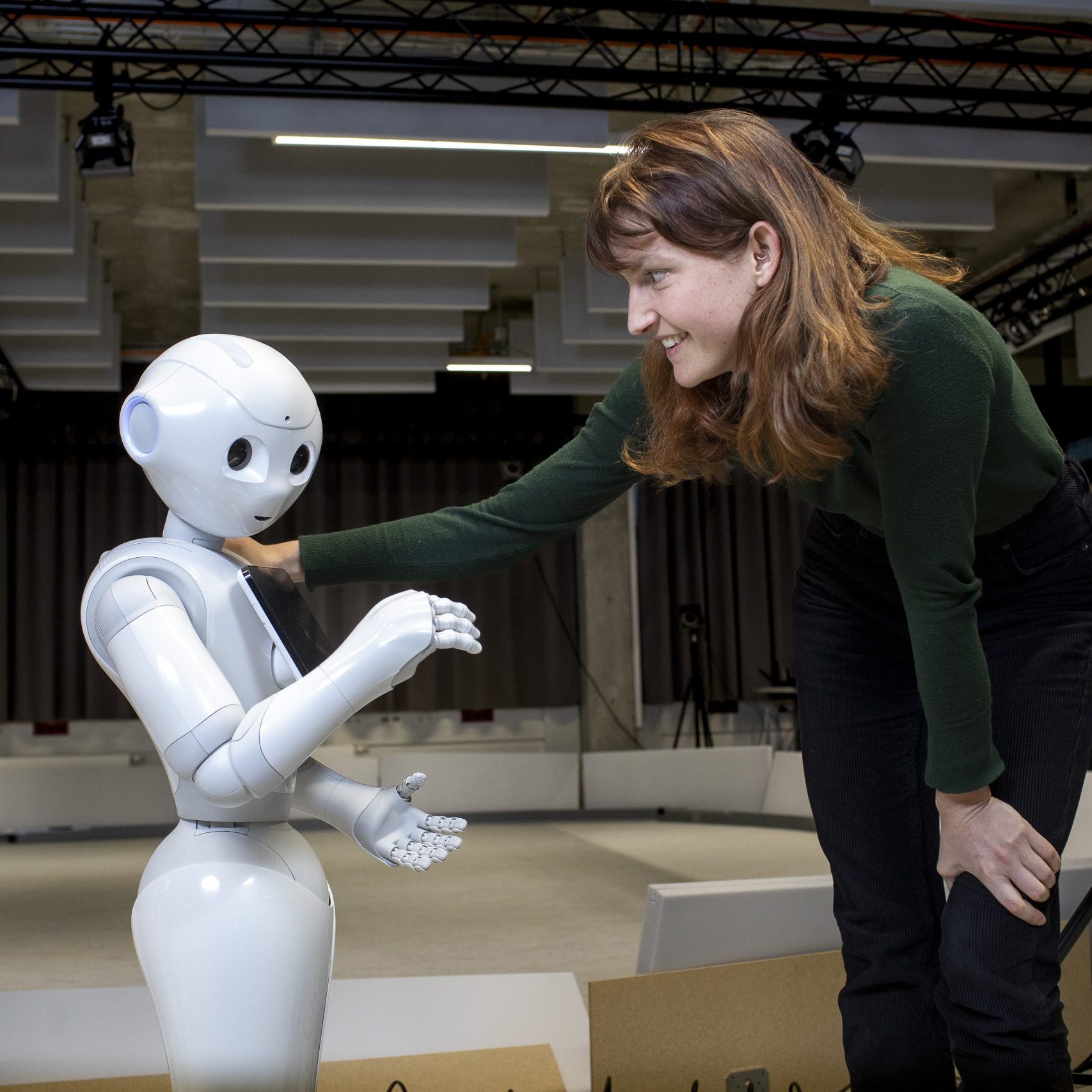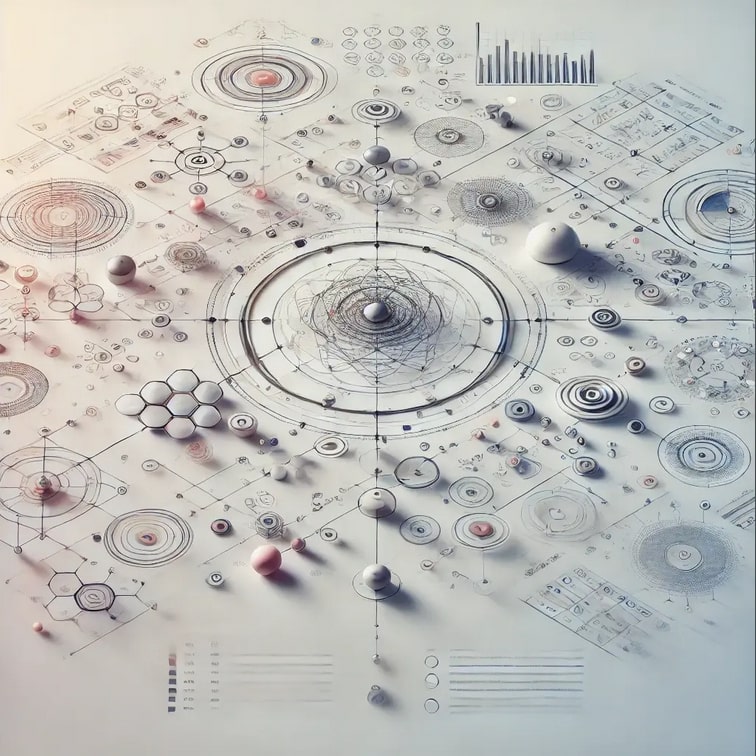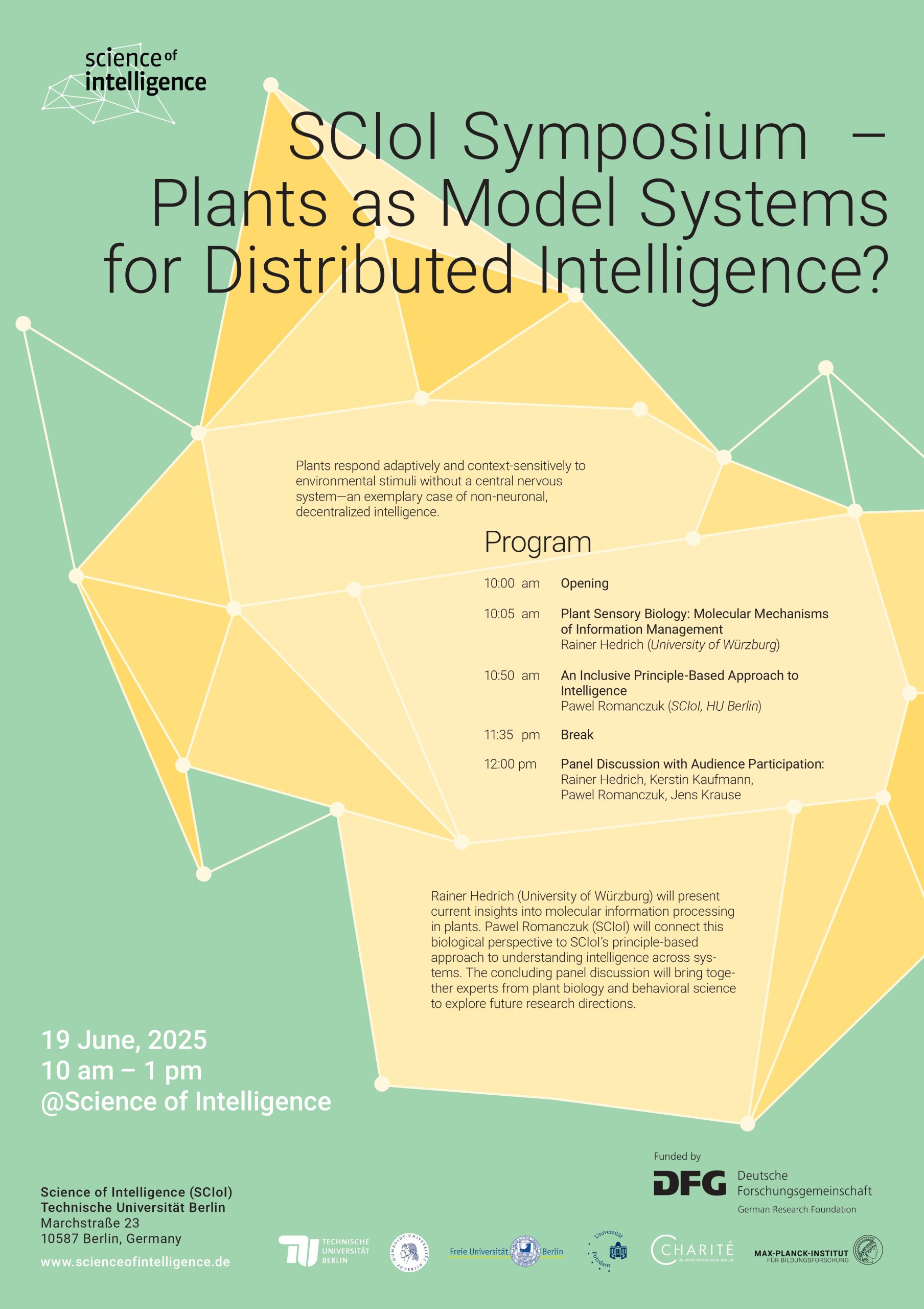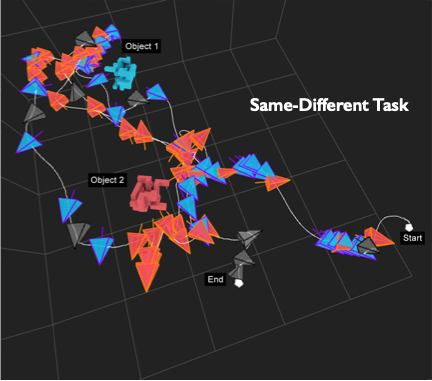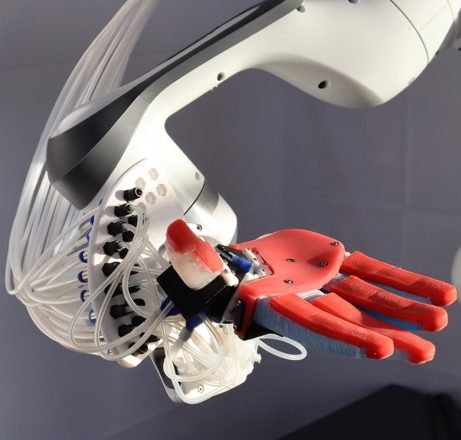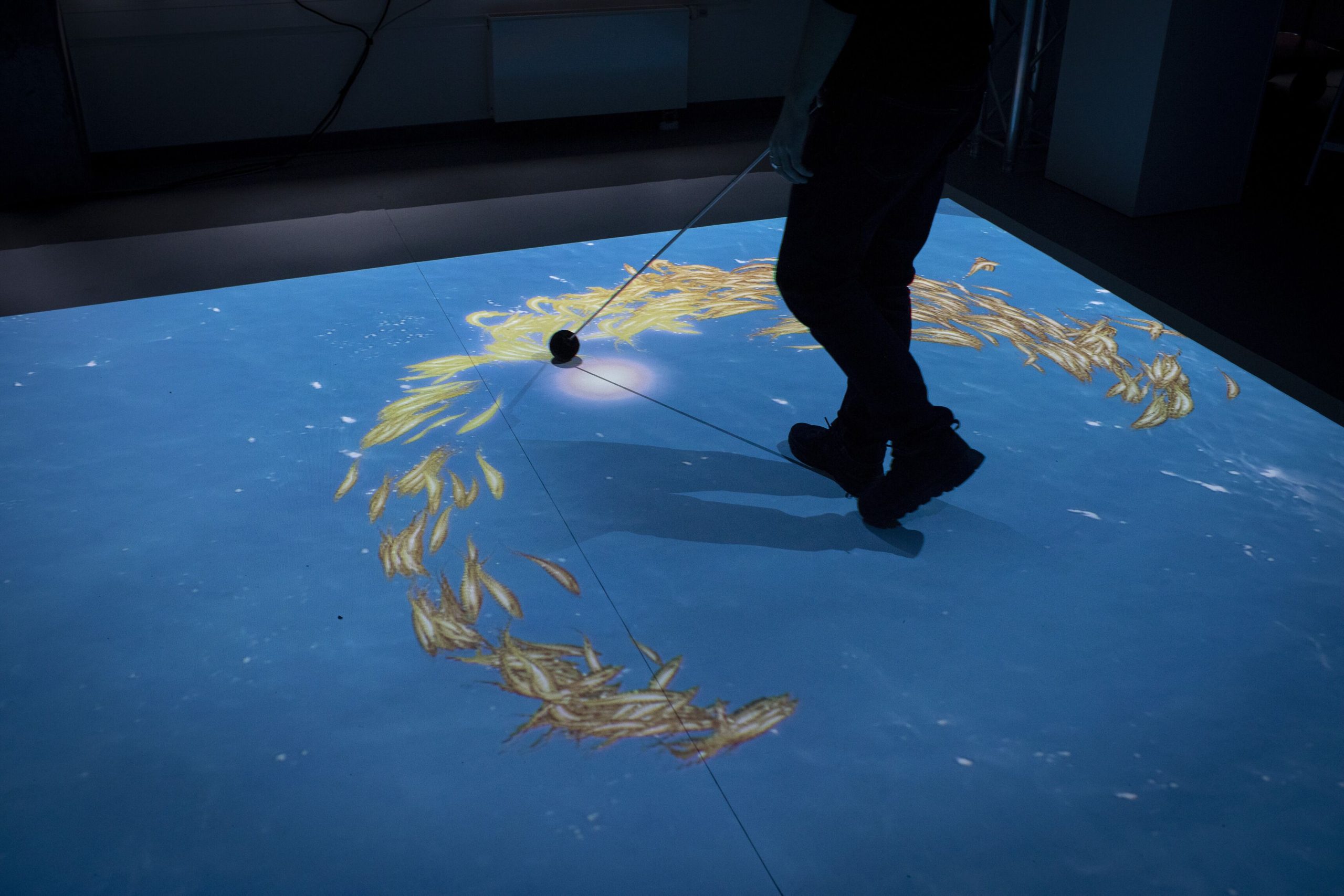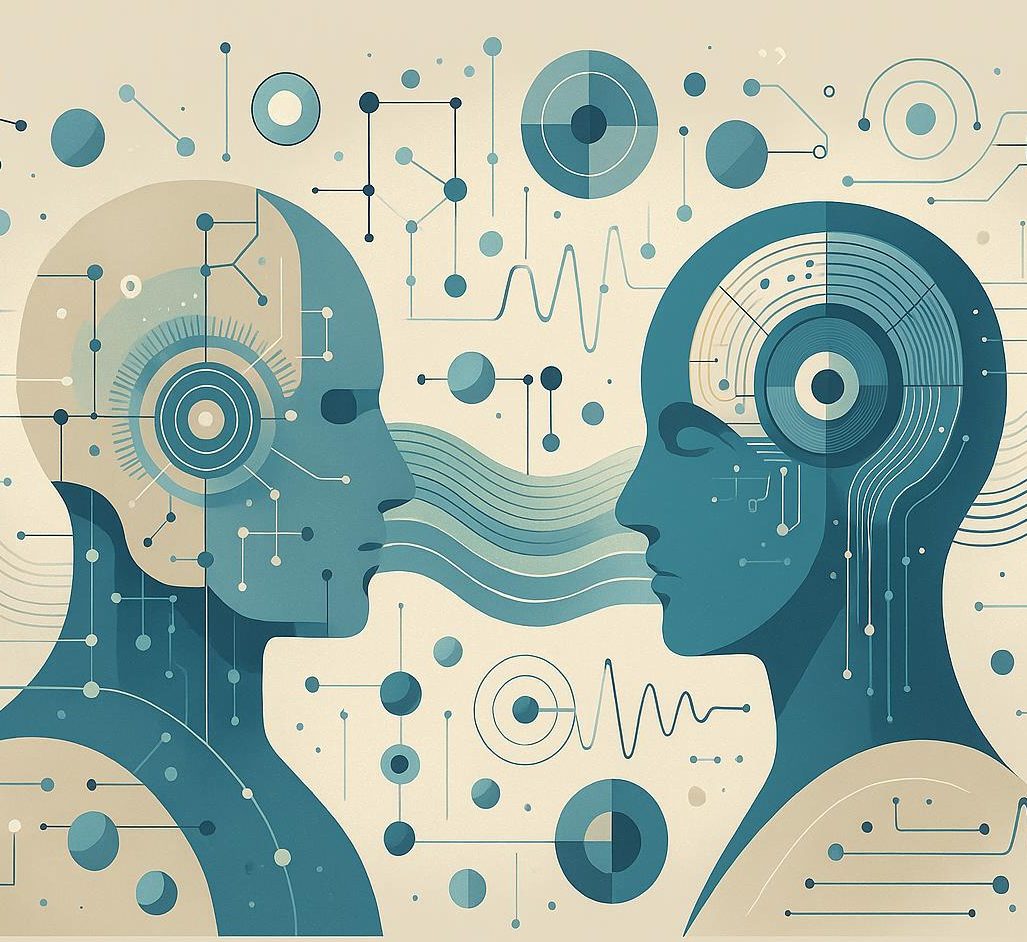
Tony Prescott (University of Sheffield), “The Psychology of Artificial Intelligence”
SCIoI, Marchstraße 23, 10587 Berlin, Room 2.057Artificial intelligence and robotics have been making great progress in recent years but how close are we to emulating human intelligence? This talk will explore the similarities and differences between humans and AIs and discuss the development of biomimetic cognitive systems that more directly think and behave like us. A key focus will be on


